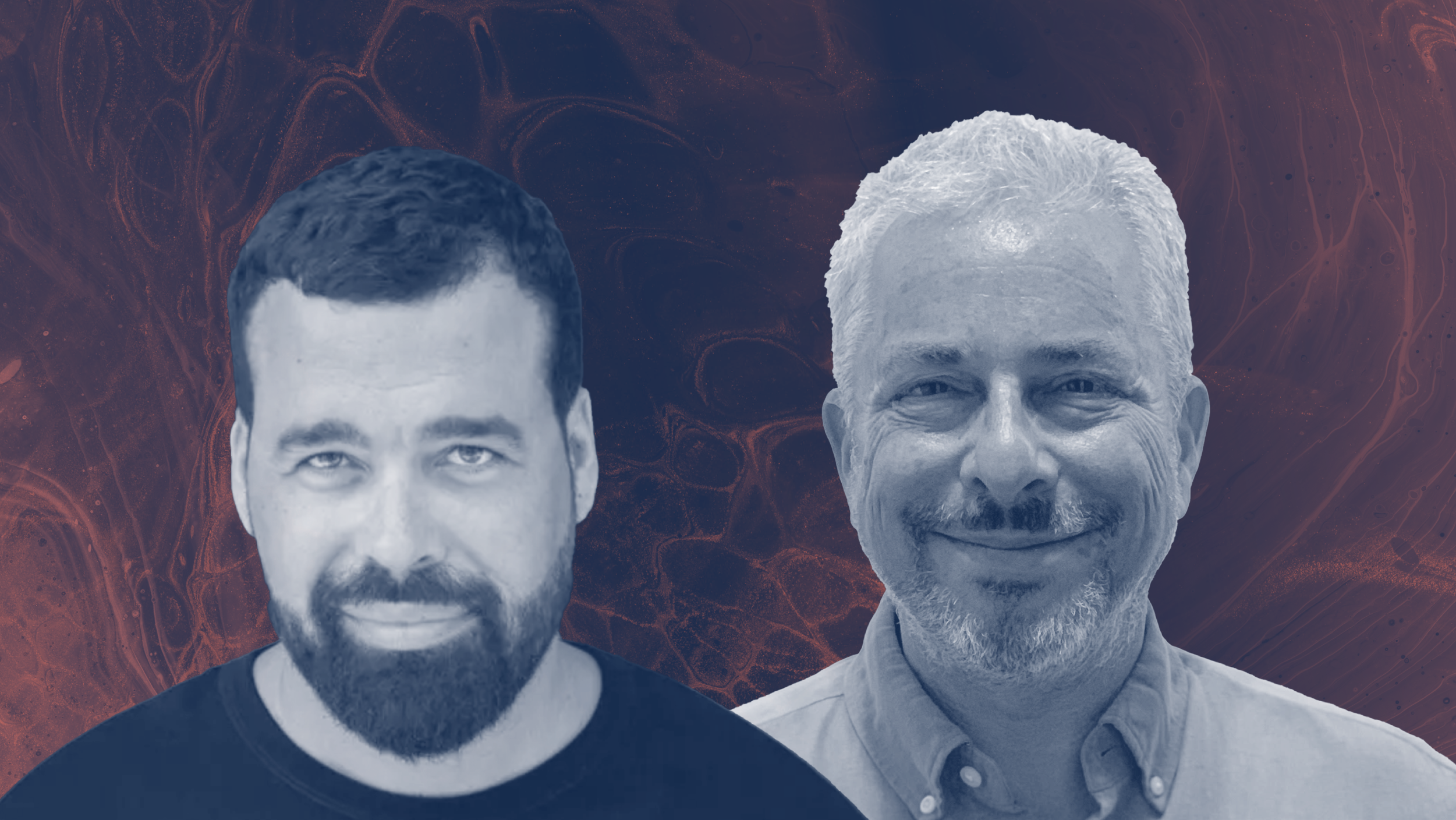
Negev Capital
With US$30 million under its management, Negev Capital is a fund focused on psychedelic drug development, with investments in 20 private and public companies.
Negev Capital is sponsoring the evening reception after PSYCH Symposium: London 2022, for networking opportunities with a community that is ready to support the development of psychedelic medicine.
Ken Belotsky and Stuart Seidman are partners at the firm and sat down with PSYCH to discuss investment opportunities as stocks continue to fall.
‘The history of the fund is both simple and complicated,’ said Belotsky.
‘I spent four years managing our family office, investing in different-stage high-tech companies.
‘By 2020, I had decided that it was time to switch to something more meaningful as a sustainable investment. More than one billion people suffer from a mental health issue and I chose to make this my priority.
‘I had the fortune to meet a few psychedelic companies, such as atai Life Sciences and COMPASS, and realised that psychedelic medicines had great potential to solve this mental health issue.
‘I started by myself initially, reading research and investigating different compounds. Step by step I started to introduce the idea of an investment syndicate to my partners and friends. By the end of 2021, we had so many good investors it was time to start a fund.
‘As a software and high-tech investor, I didn’t have enough experience in the pharmaceutical industry but did have the luck of meeting Stuart, who joined as a partner.’
‘I’m a regular New York City psychiatrist,’ interjected Seidman modestly.
‘My focus is on treatment-resistant conditions and I was a researcher for quite some time at Columbia. When I fell in with Ken and Vadim, I really dove into the psychedelic space and became a full-on believer in the potential for change.’
PSYCH was keen to know where Seidman and Belotsky believed the best investment opportunities lay in psychedelic healthcare.
‘It has a lot to do with the history of psychedelic compounds and intellectual property,’ said Seidman. ‘There is a lot of strong evidence on the efficacy of psilocybin, but there are real IP challenges for investors. There are also real problems in scaling up treatments, and the COMPASS study is a terrific example.
‘At three months, the remission rate on the 25-milligram dose was 24%, which leaves 76% with persistent depression. The hope with the next generation of molecules is that we can hone efficacy from 24% to 50%, which would be a game changer in my opinion.’
PSYCH asked if IP and patent strategy were key components when Negev Capital analysed an investment opportunity.
‘We have a terrific IP lawyer and he is the best in the business.
‘He has guided us with a better understanding of the patents that have already been filed and where innovation has taken place.
‘We put all the companies we’re studying under a microscope, with IP the most intensive part of the due diligence – searching for patents and ensuring that there is a clear pathway to provide returns for investors.’
‘Besides IP we also have other criteria,’ commented Belotsky. ‘The most important aspect is the team. If the company has great science but the management team is incapable of achieving results, then we will avoid the project. The science is important, as is the strength of the development programme, and then there is the valuation.
‘Unfortunately, some companies have no objective vision of how much they should be worth, so even if all the other criteria are met, we cannot invest if the maths doesn’t add up.’
On the subject of investor appetite in psychedelic healthcare, Belotsky remained candid and matter-of-fact. PSYCH was interested if he thought the market had reached its bottom.
‘Appetite for investments is low, and we have seen prices fall significantly in public companies.
‘A year ago, there was a boom built on hype as retail investors joined the space, looking for short-term profits. This was a big misunderstanding as drug development is a long-term game and you should invest for at least five years.
‘Nobody knows where the bottom is, but for us this is the best time to invest. We are one of the most active funds in the market right now and invest in both private and public companies.
‘As share prices in public companies have fallen, we have increased our allocations accordingly. It might not be the bottom and we could see a few bankruptcies, but after that the market will start to grow again.’
Ken Belotsky will be at PSYCH Symposium: London 2022. Belotsky spoke about the importance of the upcoming conference.
‘I think it is important to have these events that bring together the research and investment communities. We have invested in companies through Zoom, but the ability to meet in person helps a lot for cooperation and moving things forward.
‘Our priorities will be to meet and build stronger relationships with our portfolio companies. However, we will be happy to meet new start-ups too.’
This sentiment was echoed by Seidman, ‘We are always looking for new opportunities, but we have become more and more excited by the companies we have already invested in, especially as valuations have dropped.
‘This is where we are distinguished from speculators; we have done our due diligence and believe in the field. We are investors that want to support the best companies. We are not in to make a quick buck, and I think that is quite unlike former investors in this space.’
Tickets to PSYCH Symposium are selling fast. Secure your attendance today to connect with industry influencers, learn from the sector’s thought leaders and contribute to the future of psychedelics as medicine in Europe.
For more information, please visit the website: https://www.psychsymposium.com/


